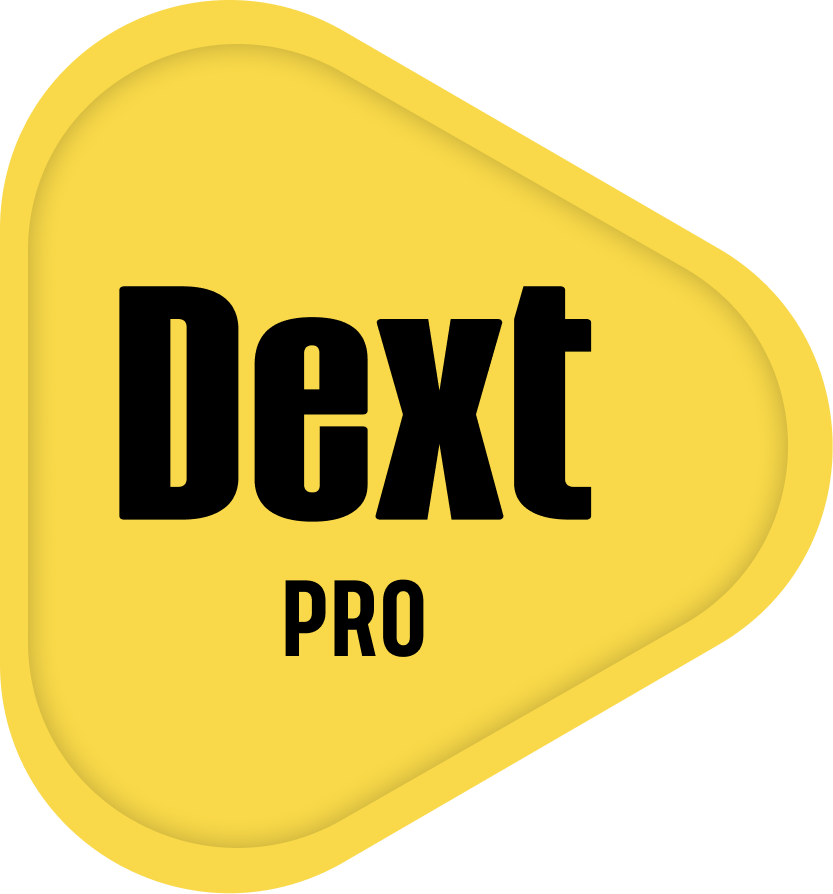Despite an appeal, the Courts recently found against Bolt in relation to their attempts to evade the statutory entitlements of their drivers to a minimum wage and holiday pay. The ruling confirms that 10,000 Bolt drivers employed on what was erroneously conceived to be an ‘agency arrangement’ as freelance contractors are indeed entitled to minimum pay, sick leave and paid vacations.
Under the Employment Rights Act 1996, National Minimum Wage Act 1998, National Minimum Wage Regulations 2015, and the Working Time Regulations 1998, Bolt’s drivers were considered by the Courts to be ‘exclusive’ employees unless they also drove for other ride-hailing apps or were part of the ‘Link’ scheme. Bolt’s contention of self-employment was refuted based on its contractual control over their livelihoods and the absence of any valid notion of ‘free agency’. The Courts gave Bolt a scathing rebuke for the fictional nature of its contract that sought to deny any employer-worker relationship with the drivers.
Once again, the attempt to cut costs and responsibilities by creating sham contracts inferring that long-term employees are part-time freelancers has backfired. This ruling reaffirms that such sham contracts are no longer acceptable in the UK and that any employers operating under this attempted abrogation of responsibilities will find themselves on thin ice at tribunals. If you are currently employing any staff on zero-hours contracts or on an extended contractual freelance basis, you are advised to seek legal advice.





